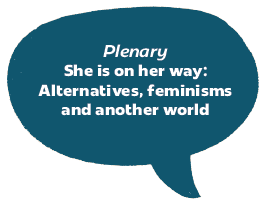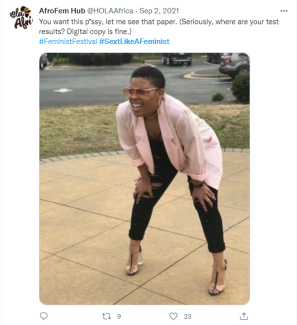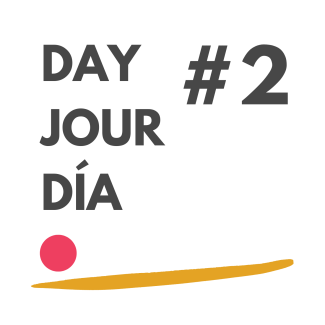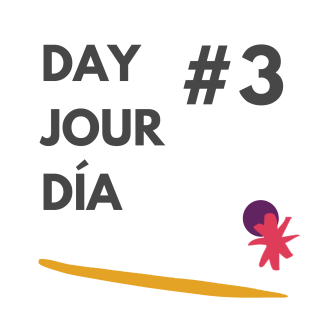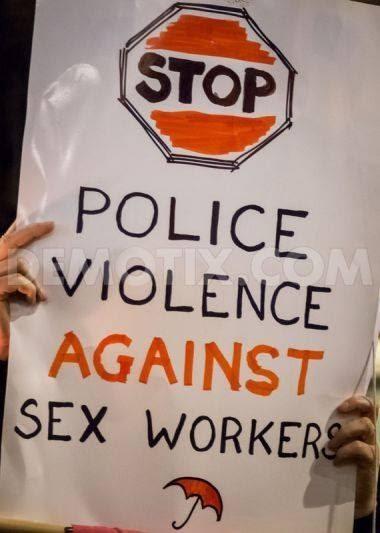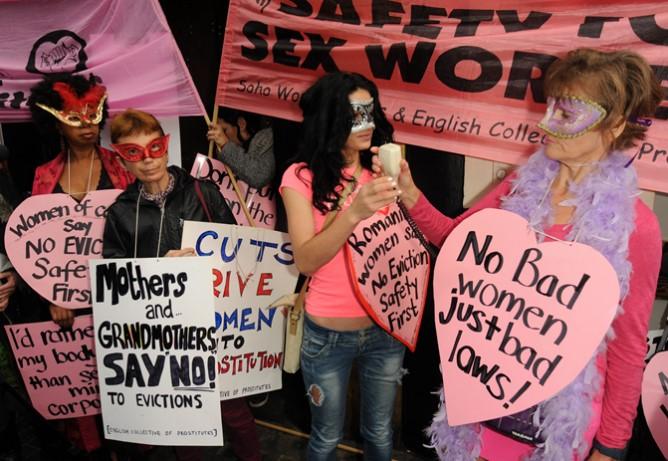Movilización por las mujeres y las niñas víctimas de la violencia de la guerra en RDC
La organización Initiatives des Femmes en Situations Difficiles pour le Développement Intégré [Iniciativas de las mujeres en situaciones precarias por el desarrollo integrado] se afilió a AWID en 2012 porque consideraron que era «una red a través de la cual IFESIDI podía beneficiarse de la enorme experiencia acumulada en la promoción y la protección de los derechos de las mujeres».
«¡Juntas en la lucha por los derechos de las mujeres y las niñas!»
Durante más de veinte años, las guerras que afectaron a la República Democrática del Congo (RDC) han sido la causa de violaciones masivas a los derechos humanos —especialmente los derechos de las mujeres, las adolescentes y la niñez—, entre ellas la violación y otras formas de violencia contra mujeres y niñas. La apropiación de sus recursos y su consiguiente empobrecimiento, así como el estar en situaciones de vulnerabilidad como desplazadas tras ataques contra sus aldeas, son todos factores que contribuyen a la situación precaria en que viven las mujeres y las niñas. Frente a esa realidad, IFESIDI fue creada en 2002 para mejorar la situación social de las mujeres y niñas víctimas de la violencia relacionada con la guerra, incluidas aquellas que viven en zonas rurales, y para promover y proteger sus derechos. Esta organización no confesional y sin fines de lucro está formada por 35 integrantes; sus actividades cubren al menos la totalidad de la provincia de Kivu Sur, en el este de la RDC. Con el lema «¡Juntas en la lucha por los derechos de las mujeres y las niñas!», IFESIDI espera que las congoleñas de todas las edades puedan vivir con dignidad algún día.
Fortalecer las capacidades económicas y educativas de las mujeres víctimas de la guerra
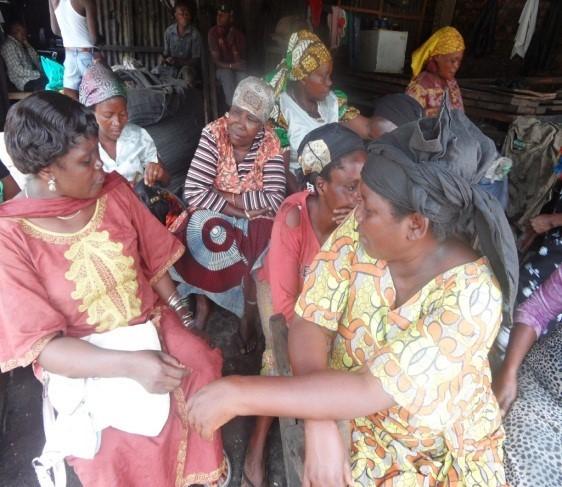
Además de servicios de consejería para mujeres y niñas víctimas de violencia en diferentes esferas —doméstica, académica y profesional—, IFESIDI está implementando un programa de desarrollo de capacidades económicas y educativas para mujeres víctimas de la guerra. Este programa incluye capacitación laboral, como la fabricación artesanal de jabón, y corte y confección.
Una de las beneficiarias del programa explica: «Antes de que IFESIDI me invitara y me capacitara, yo acarreaba bolsas pesadas de arena para los trabajadores de la construcción en la ciudad de Bukavu y me pasaba el día entero yendo y viniendo con esas bolsas en la espalda. Como mujer desplazada que vivía sin recursos financieros en esta ciudad, no tenía esperanza de seguir viviendo y nadie me miraba al pasar a mi lado... Pero hoy, gracias a IFESIDI, puedo hablar, y cuando paso la gente sabe que «Ahí va la ‘'mamá’ Ponga Musema ».

Movilización como parte de los 16 Días de activismo
Como parte de la campaña «16 Días de activismo contra la violencia de género», que comienza el 25 de noviembre y termina el 10 de diciembre, IFESIDI está organizando actividades para crear conciencia, un panel de debate, estrategias de incidencia, intercambios y una evaluación con las mujeres y las niñas con las que trabaja la organización.
Conéctate:
- Puedes contactarte con IFESIDI mediante nuestro directorio en línea o enviando un correo electrónico a membership@awid.org.
- Responde al pedido de apoyo de IFESIDI para crear un sitio de Internet y cobrar mayor visibilidad, escribiendo a membership@awid.org.

